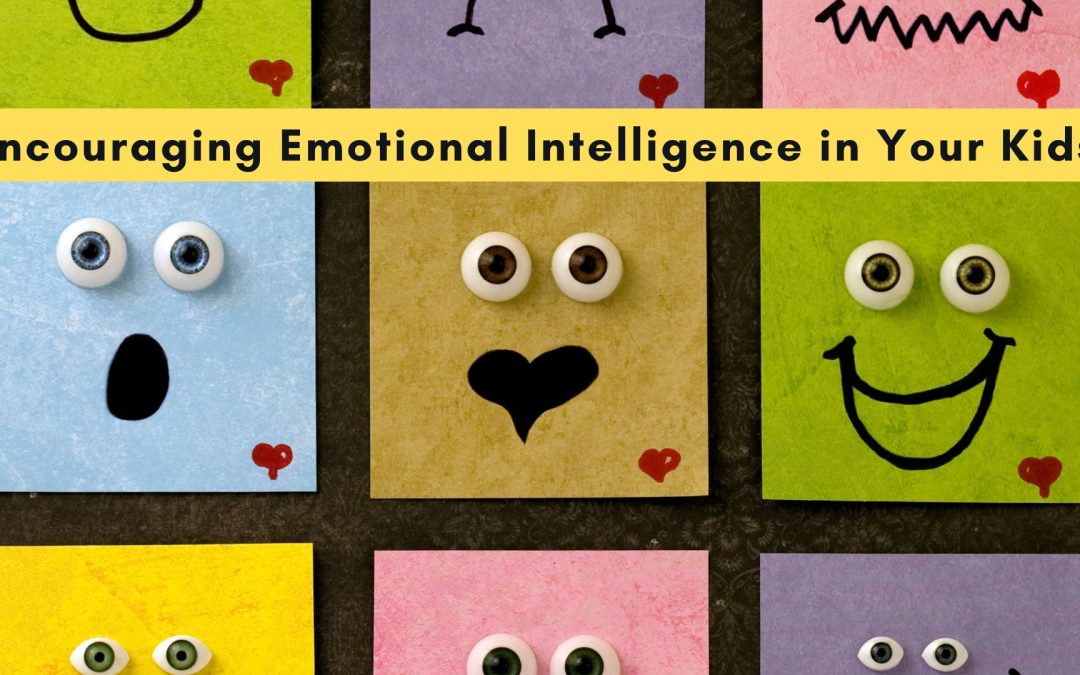In an ever-involving world, you may struggle in what to specifically teach your children about the world, how they view society, and how they treat others. These may seem like big topics, but a lot of learning is done through a person’s emotions. It all boils down to how someone is feeling and processing those emotions, whether it’s toward another individual, themselves, or a group of people.
Feeling Emotions
Kids are like sponges in that they soak up a lot of information and emotions from everyone they meet. A lot of older generations may have been taught to lean away from emotions, or to not get too “emotional” as it were. There are obviously certain places where emotions should be reeled in, if not kept in check, but overall, feeling emotions is what people do. Far too often people are taught (whether purposefully or through observation) to hide their emotions or to cry or process hard information later on, not in front of people.
The Powers of Emotional Intelligence
Emotional Intelligence is a newer phrase that’s come into society within the last decade (at least more publicly). Emotional intelligence stands for the awareness and control of your own emotions, as well as the expression of those emotions. For children, this can be especially crucial as they age and experience a wide range of emotions, sometimes five or more in a single day! Parents shouldn’t feel the need to dampen that emotional intelligence as they age since this can help them understand their emotions through feeling them. This can help them manage their emotions as they age, which can help them emotionally, physically, and professionally.
Healthy Boundaries
Of course, a child’s emotions shouldn’t be running amuck all the time either! It is good for them to experience these emotions in a safe, open environment. There are times and places where some behavior may need to be checked, such as at a funeral service, a wedding, or a church service, to name a few examples. But to allow your children the freedom to recognize what they are feeling, and express it, is a golden opportunity for future growth. Society has sometimes placed barriers on what is and isn’t acceptable emotions, such as the old stereotype of not allowing men to cry or show emotion. Parents shouldn’t feel the need to place a barrier on what their children are experiencing, and can better still help them along on their emotional journey to help them tangle with all there is to learn about growing up.
Katie Kyzivat

